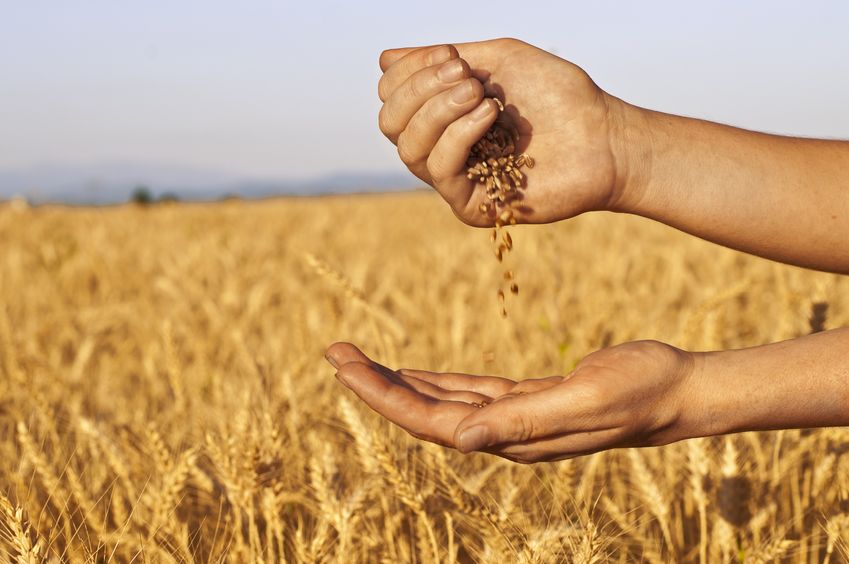
The increasing likelihood of an occurrence of the La Niña weather phenomenon are among the risks that British farmers face in a “year of anxiety” which could increase global food prices, according to Rabobank.
The leading agricultural lender has released its annual report which highlights that world food prices could drastically increase in 2018 because of rising freight rates, rising crude oil prices and the threat a La Niña weather event.
This global weather phenomena occurs when sea surface temperatures in the central Pacific Ocean drop to lower-than-normal levels.
The cooling of this area of water near the equator, which typically unfolds during late fall into early winter, unleashes an impact felt across the world. The UK is expected to be particularly exposed to the effect of the such an event.
Risks including rising inflation and uncertainty over Brexit trade deals could mean that the UK would be particularly exposed, the analysis says.
'Year of anxiety'
Stefan Vogel, head of agri commodity markets at Rabobank, predicts a “year of anxiety for UK farmers and consumers”.
Mr Vogel explained: “We see significant threats on the horizon to global food prices in 2018, which have been relatively stable or even trending lower for a number of years.
“Chief among them is the potential of La Niña, a weather event caused by the cooling of the tropical Pacific Ocean that could affect areas ranging from grain fields in the Americas to palm oil plantations in Asia.
“Unfortunately, the current high-inflation environment in the UK makes it disproportionately exposed to any significant movement in food prices, while the uncertainty over trade deals when Britain leaves the EU exacerbates the situation further.”
Price increases
The US National Oceanic and Atmospheric Administration is forecasting up to a 75 per cent chance of La Niña developing in the last weeks of 2017, ending in the first quarter of 2018.
Depending on its ferocity, the event could cause dryness in important grain areas situated in the Americas and flooding in Asia’s vast palm oil plantations.
Because of this, UK consumers should expect food price increases across key commodities such as cocoa and coffee.
Commodities analyst at Mintec Jara Zicha explained that the effects of a La Niña and its more-feared counterpart El Niño were hard to predict. A change in the weather could also be beneficial to some crops, he said.
But he said that it adds another level of increasing uncertainty for British farmers.
“The UK already has very weak sterling making prices expensive and we are slowly starting to see those now. Going forward, Brexit is another uncertainty and La Nina is another factor the UK has to deal with,” Mr Zicha explained.
